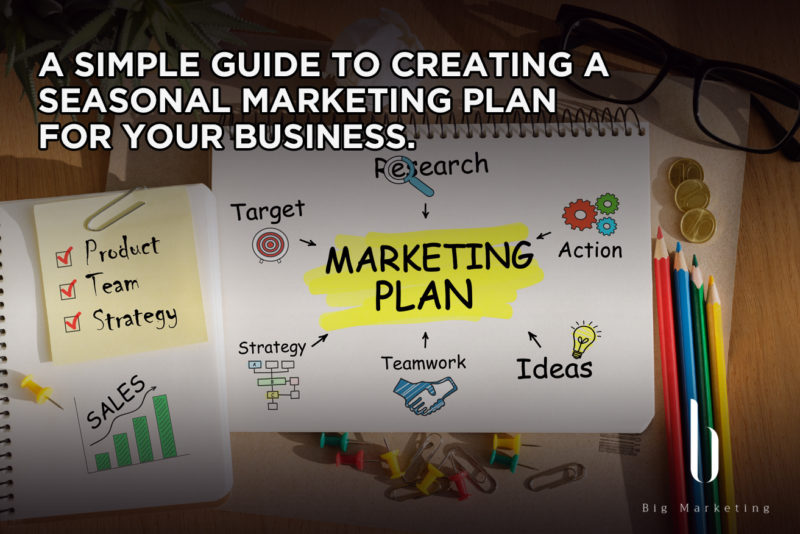
What is seasonal marketing?
Every season has a set of unique holidays and events. When a business or brand takes advantage of these opportunities it is called seasonal marketing. John Lewis’ annual Christmas advert is a brilliant example of a seasonal marketing campaign that simply began with a business choosing to make use of the approaching holiday. Now, their Christmas advert is one of the most eagerly awaited campaigns year-after-year.
Why is seasonal marketing useful?
Seasonal marketing is a tactic that is now used by B2B and B2C businesses alike. In the past, it was often limited to big and notable events such as Christmas and sale months. Nowadays, however, seasonal marketing is used all-year-round.
Seasonal marketing can help to:
- Put your brand/business in front of audiences you may not have reached otherwise.
- Give you a way to showcase your expertise.
- Create a year-round presence.
- Prove that you’re aware of current events, both inside and outside of your specialist industry.
Tips for Preparing Your Seasonal Marketing Plan:
Draft up a yearly marketing schedule:
It’s important to sit down as early on in the year as you can to draw up a seasonal calendar. This will help you to keep track of approaching events as the year progresses and will allow you to begin tailoring your marketing materials for each campaign well in advance.
Be sure to include a range of different events – from the big ones such as Christmas to smaller ones such as Take Your Dog To Work Day (22nd June).
Tip To Takeaway: Visit websites such as daysoftheyear.com to get started with your yearly social media plan.
Using seasonal marketing as a way to promote your newest offers:
You definitely don’t need to incorporate money off deals or offers on every seasonal event that you cover. However, it is not uncommon for businesses to use the increased traffic they gain during the holidays to encourage sales.
Black Friday is a great example of this. Although an American import, sales have increased in the run-up to the day and businesses now offer discounts to encourage visitors to make a purchase on their website up to 7 days before. .
Tip To Takeaway: Sit down and have a think about what deals you could offer, and when it would be most suitable to do so throughout the year.
Don’t forget about the smaller events:
Don’t feel pressured to develop a strategy for every single event (as there are far too many for starters!) but don’t be afraid to think outside of the box either. Last week it was National Storytelling Week and we tapped into the event by using the hashtag on Twitter and Facebook. We simply used the hashtag to advertise a blog post that we had already written about the importance of storytelling in business. It required a fairly minimal amount of effort on our part as we already had the blog post ready but it gave us a great chance to reach out to an audience we may not have reached otherwise.
While there is no denying that bigger campaigns can drive huge amounts of traffic to your business, the smaller campaigns will give you the chance to participate without needing a barrage of marketing materials behind you.
Tip To Takeaway: Try to plan a few bigger campaigns across the course of the year, but fill the gaps in between them with smaller, more reactive approaches.
Would you like some help planning and implementing your next seasonal campaign? We can help! Call 01908 326 666 or email mike.richardson@bigmarketing.co.uk today to discuss your project.

